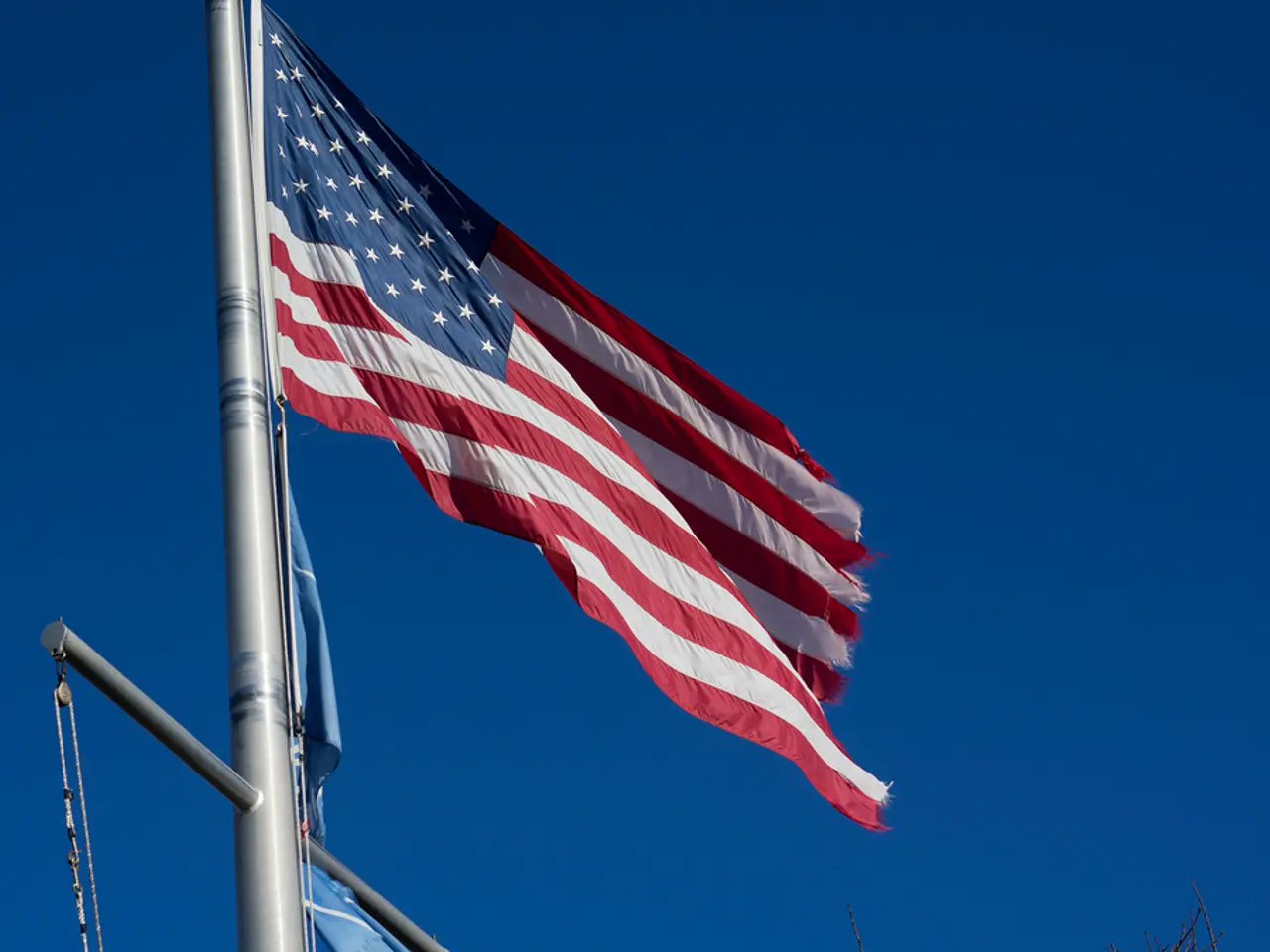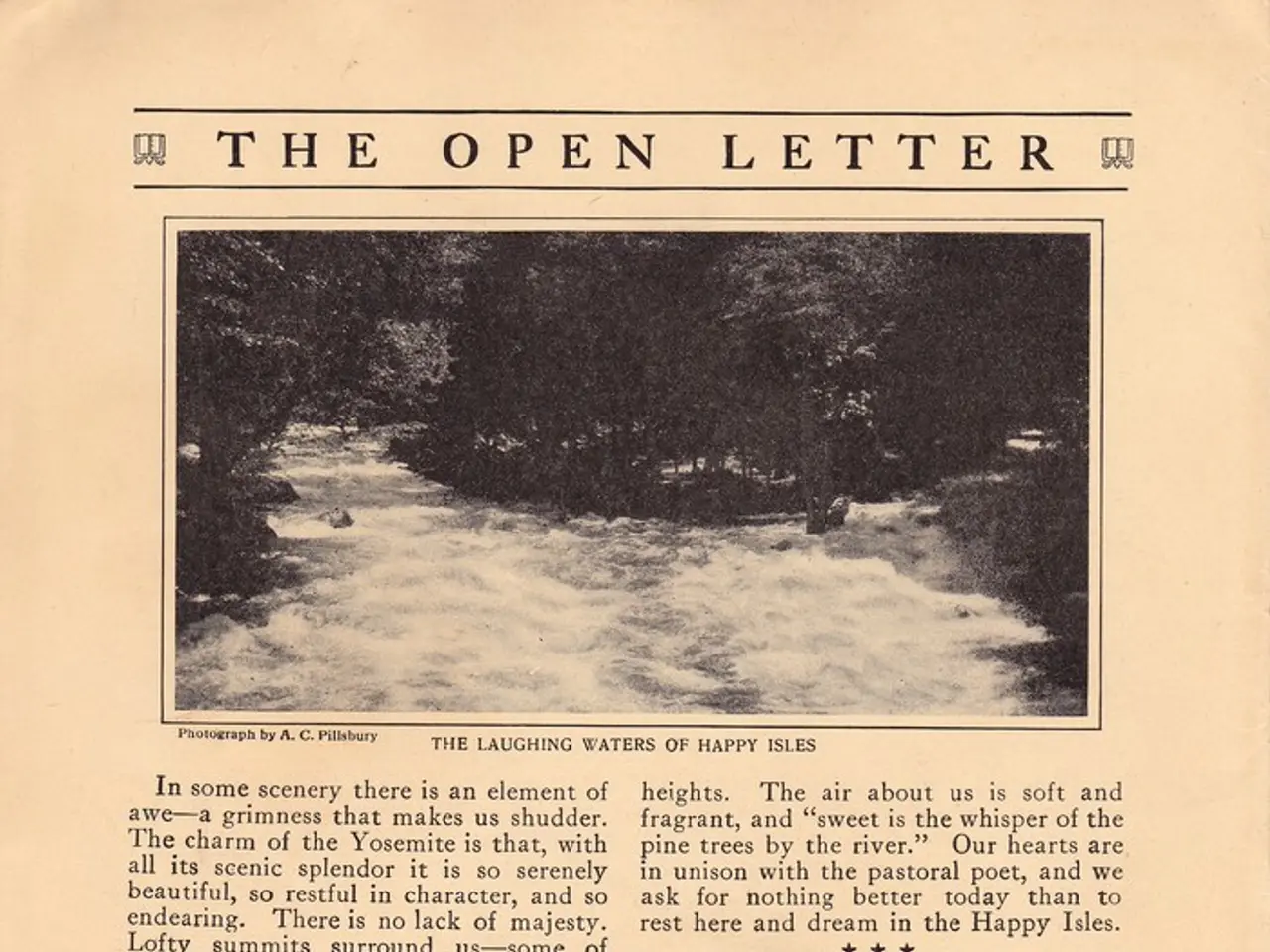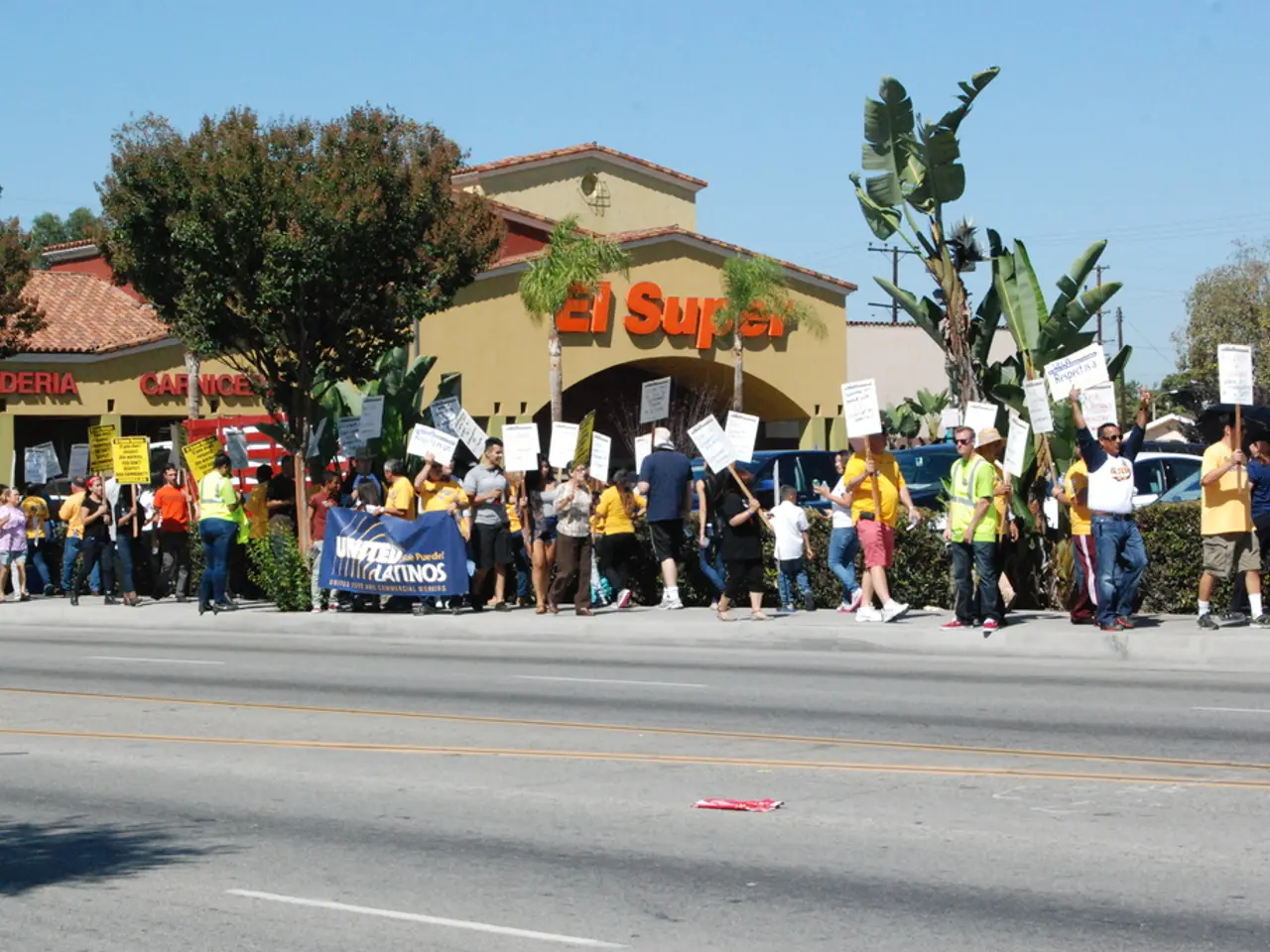Celebration of American Freedom's Birthday: Overview of the Tradition
The Fourth of July, celebrated annually on July 4, marks a significant milestone in American history - the birth of the United States as an independent nation. This day commemorates the adoption of the Declaration of Independence by the Second Continental Congress in 1776, which officially declared the 13 American colonies' separation from Great Britain.
Historically, the Declaration of Independence, primarily authored by Thomas Jefferson, was adopted on July 4, 1776, although the formal vote for independence occurred two days earlier on July 2. This groundbreaking document expressed the colonies' grievances against King George III and asserted their right to self-governance, laying the philosophical foundation for American democracy and liberty.
While most delegates signed the Declaration on August 2, 1776, a few, including John Hancock, signed on July 4 itself. The day symbolizes the nation’s commitment to freedom, democracy, and the pursuit of happiness, principles that define the American identity.
Independence Day is celebrated nationwide with patriotic displays, including fireworks, parades, festivals, barbecues, and singing of national songs. Government offices and schools typically close on this day, and famous landmarks are illuminated in patriotic colors. The tradition of July 4 celebrations evolved from earlier Anglo-American customs of marking significant political anniversaries with bells, bonfires, and public gatherings.
Early celebrations sometimes included symbolic acts such as mock funerals for King George III, representing the end of monarchy and tyranny. Today, Independence Day is considered America’s birthday, a day to celebrate the values and freedoms that the nation was founded upon.
In conclusion, Independence Day serves as a reminder of the United States' journey towards independence and the principles it stands for. It is a day that honours American values of liberty and democracy, observed with festive and patriotic activities across the country. Whether it's attending a parade, enjoying a barbecue, or watching fireworks, the Fourth of July offers an opportunity to show one's love for the country.
The Fourth of July, as a significant historical event, is often covered in general news, showcasing the nation's celebrations and reflecting on its political and democratic significance. This day, marking the birth of the United States' independence, is deeply rooted in policy-and-legislation, particularly the groundbreaking Declaration of Independence, which laid the philosophical foundation for American democracy and liberty.






